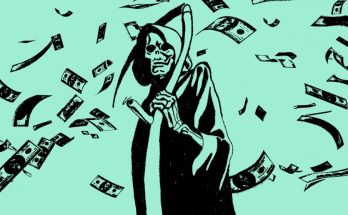The European Union‘s executive arm on Wednesday proposed a wage-subsidy scheme to encourage employers to cut workers’ hours rather than their jobs amid the coronavirus epidemic, a plan that could be worth 100 billion euros ($109bn) in borrowing, guaranteed by all EU
The economic effects of the coronavirus crisis will be severe but short-lived, according to much of the recent commentary. The cautious revival in stock markets points in the same direction, while recent polling suggests that 75% of business people share this view. Most of them expect economic activity to rebound this year.
The rationale is that the economy before the coronavirus was in great shape. Stock indices were hitting new highs, with the Dow Jones average flirting with 30,000 in early February (it’s now around 22,500). The US unemployment rate was 3.5% in February, a level not seen for over 50 years. If the economy is fundamentally sound, the reasoning goes, the worldwide lockdowns are merely hitting a pause button for a short time.
The old saying goes, hope for the best but prepare for the worst. A wheelbarrow is our most likely scenario that businesses and governments should prepare for – a long, drawn-out bottom and a slow, upward recovery – but even this assumes that the coronavirus restrictions are fully lifted in the next few months.



